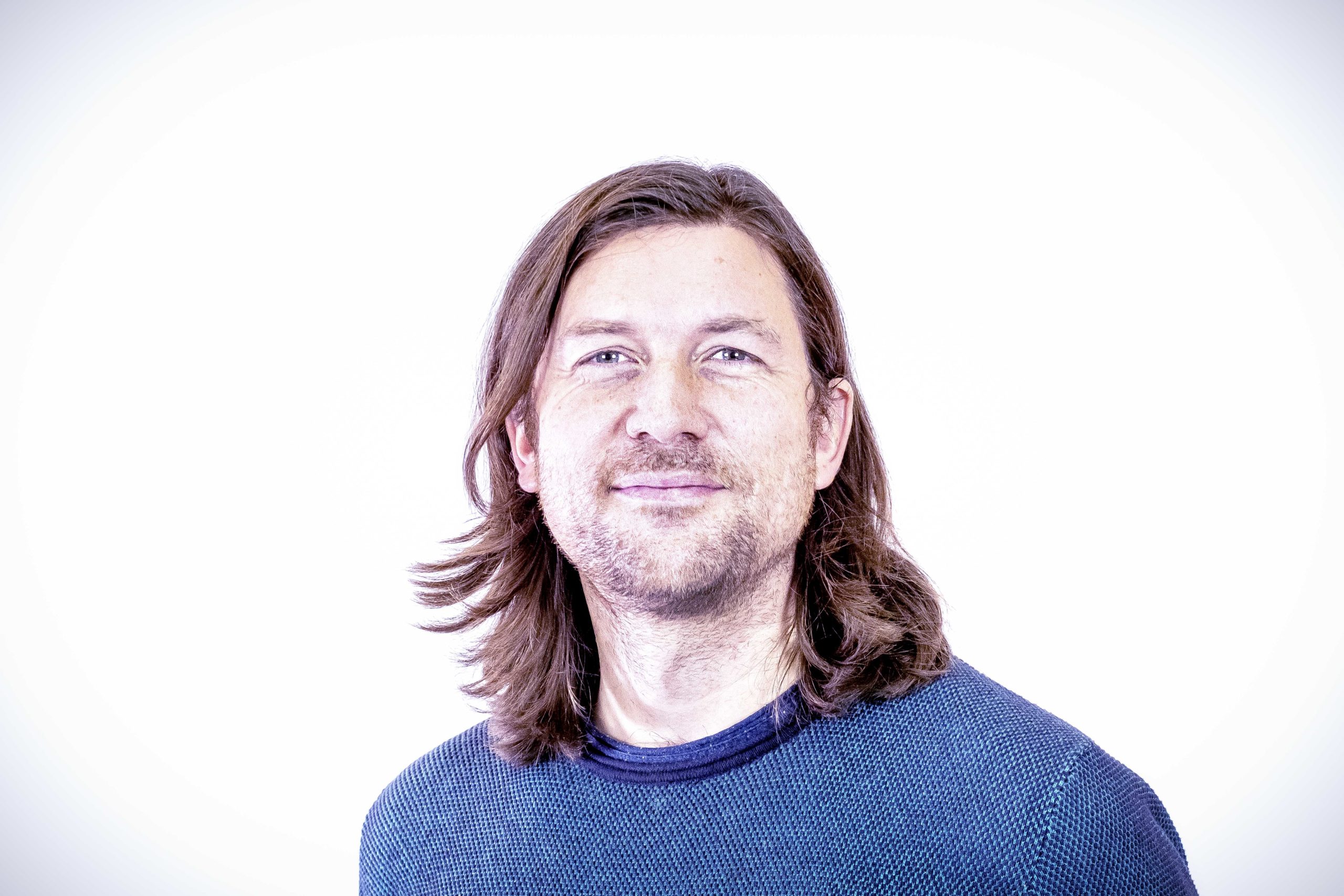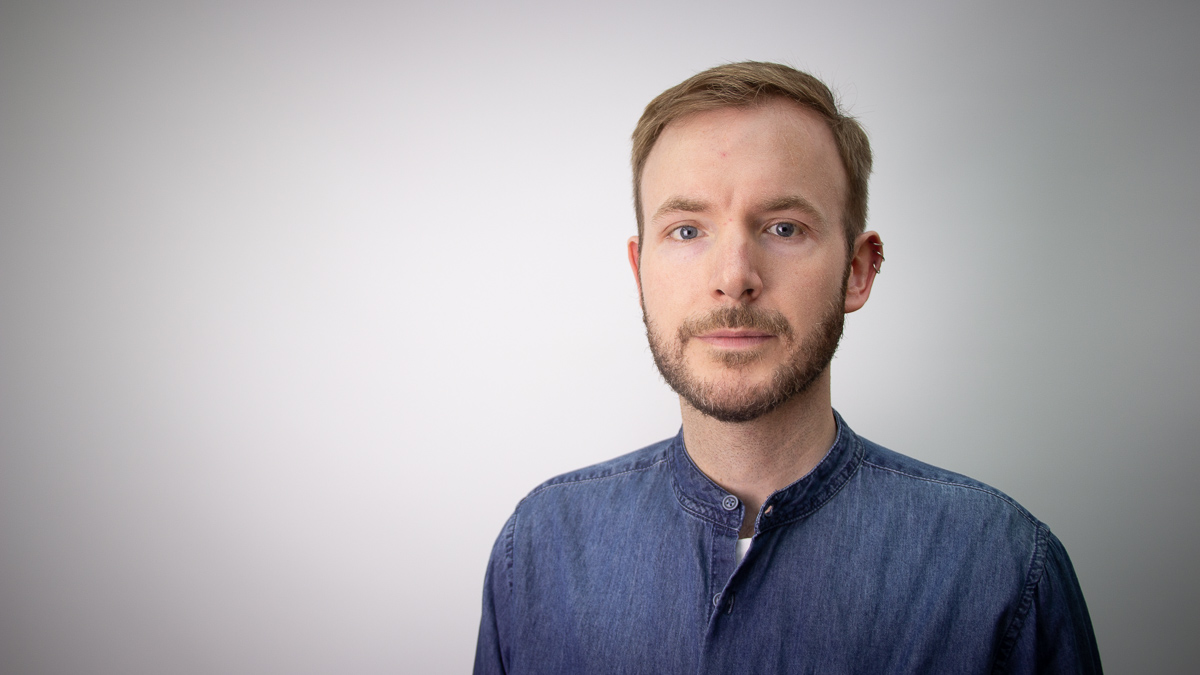Making sense of our connected world

Open access: critical mass
Marcel Wrzesinski has been Open Access Officer at the Humboldt Institute for Internet and Society for almost a year. The seasoned journal editor who’s been in academic publishing for about a decade, has been carrying this one big heavy question around town, i.e. in surveys, in workshops, in his head, under his arm. Everywhere he goes, he’s busy assembling puzzle pieces to find the answer. Frédéric Dubois tracked him down in the midst of the coronavirus crisis to see if here’s zeroing-in on the giant jigsaw.
Frédéric Dubois: Before we get to the big question, could you tell us what an Open Access Officer does?
Marcel Wrzesinski: That’s a good question! I think it really depends where they are based: luckily, these days you have OA officers in libraries, as part of research intensive university departments or graduate schools, or in independent research institutes like the HIIG. In any way, Open access means fostering availability and findability of research literature; for instance, I support HIIG researchers selecting the best repository to archive their work, advise the in-house publications on open licensing and standards of metadata; and I represent the institute towards OA stakeholders and policymakers.
Why is open access so key? Can you provide an example?
As researchers, we build upon the results of others. Right now, the global community is hugely affected: Research on SARS-CoV-2 needs to be accessible immediately and worldwide. This is done through several research repository hubs (e.g., ZB Med, medRxiv/bioRxiv, or Elsevier). While this is great, providing access to research literature remains a politicised and economic decision: One could ask herself why the global community does not similarly respond to the HIV pandemic. Or why barely any publisher opens up their research papers to counter recurrent public health crises in the global south.
That aside, access to publicly funded research is key for a researcher’s everyday work, all over the world. The digitalisation of society enables us to be more collaborative in our work; now the publishing system needs to catch-up. Open licensing and sustainable archiving are matters of fairness, particularly in a world where research funding and therefore acquisition budgets are unevenly distributed.
What’s currently your main project?
My current work comes down to sustainability, or rather: who commits to the publishing bill at the end of the day? Surely, OA publishing builds upon collaboration, synergies, open source solutions — and it can therefore produce high quality publications with relatively low budgets. But, it comes at a cost (self-exploitation of editors, little to no plannability, and often an unsatisfying user experience). This is where my main project, InnOAccess, connects. Using “Internet Policy Review” as a test case, with a small team of six, I develop innovative infrastructures and sustainable business models for scholar-led journals in emerging, interdisciplinary fields. And luckily, our communities back us up: we got a great response for an initial survey, our first events to discuss those findings are in high demand, and there are quite some requests for our project white papers. For me this shows that it is time for a substantial change in the publishing ecosystem. We don’t want fees or charges for authors or readers, we advocate for “diamond open access” as the new standard.
Ok wait, you mention “diamond open access” and have provided an example of what that is. Then let me bug you with the big question: how in the world can diamond open access become the standard in academic publishing?
This IS the jigsaw puzzle that I’ve got at the back of my mind. Especially in these days of the pandemic, where libraries are closed and e-journals have become the norm, students and researchers around the world need quick and unhindered access to quality research. At the same time, we have to deal with more and more complex issues, like a renewed authoritarianism, the climate collapse, or human migration; and interdisciplinarity is asked to step up to the plate to find answers. Given these times and circumstances, how can someone not advocate for a diamond open access model?! Well, I haven’t heard a good argument for publishing closed access in a very long time.
From your research findings and your vision, what conditions need to be met for diamond open access to be the de facto standard in academic publishing?
You know, scholars and research societies once took a leading role in publishing their research results and connect it to society. And while I have huge respect for the work of professional publishers, I think we as researchers need to reconsider and claim responsibility for what is published and under which conditions. Scholar-led publishing is possible, there are so many remarkable examples all over the world where they code open source publication technologies, tweak output formats, innovate editorial workflows, and create unlikely networks of like-minded people — that’s at least my understanding of “bibliodiversity”. However, there is a pricetag on all that innovation and creative work: no one involved in scholar-led publishing should work for free. So you have to think about a way to sustainably fund diamond OA publishing, like we do at the InnOAccess project: in my opinion, the consortial model is the most promising. We have to bring libraries, research societies, policymakers, and researchers back to one big table and talk the future of academic publishing through. There’s a lot to talk about, and some decisions to be made.
This post represents the view of the author and does not necessarily represent the view of the institute itself. For more information about the topics of these articles and associated research projects, please contact info@hiig.de.

You will receive our latest blog articles once a month in a newsletter.
Open higher education
Polished yet impersonal: The unintended consequences of writing your emails with AI
AI-written emails can save workers time and improve clarity – but are we losing connection, nuance, and communication skills in the process?
AI at the microphone: The voice of the future?
From synthesising voices and generating entire episodes, AI is transforming digital audio. Explore the opportunities and challenges of AI at the microphone.
Do Community Notes have a party preference?
This article explores whether Community Notes effectively combat disinformation or mirror political biases, analysing distribution and rating patterns.





